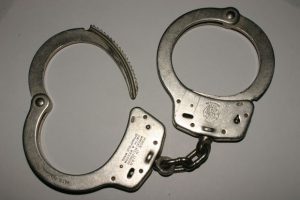Although many parents worry about how they will help their teens avoid the pitfalls and perils of underage drinking, some parents view it as better to embrace it. “If I can oversee it, I can control it and protect them,” the thinking goes. 
This is erroneous on several fronts. There is of course the civil liability that can be imposed if you knowingly allow a teen to imbibe on your property – particularly if you supply the alcohol – and that teen later drives and is involved in a crash. Although there is technically no social host liability law, F.S. 768.125 holds that a person who sells or furnishes alcohol to someone who is not of lawful drinking age can be liable for injury or damage caused by or resulting from intoxication of that minor.
Beyond that, adults who allow minors to drink or furnish them with alcohol could face charges for child abuse and/ or neglect, as one Florida mother recently discovered. Continue reading
 Fort Lauderdale Criminal Attorney Blog
Fort Lauderdale Criminal Attorney Blog












